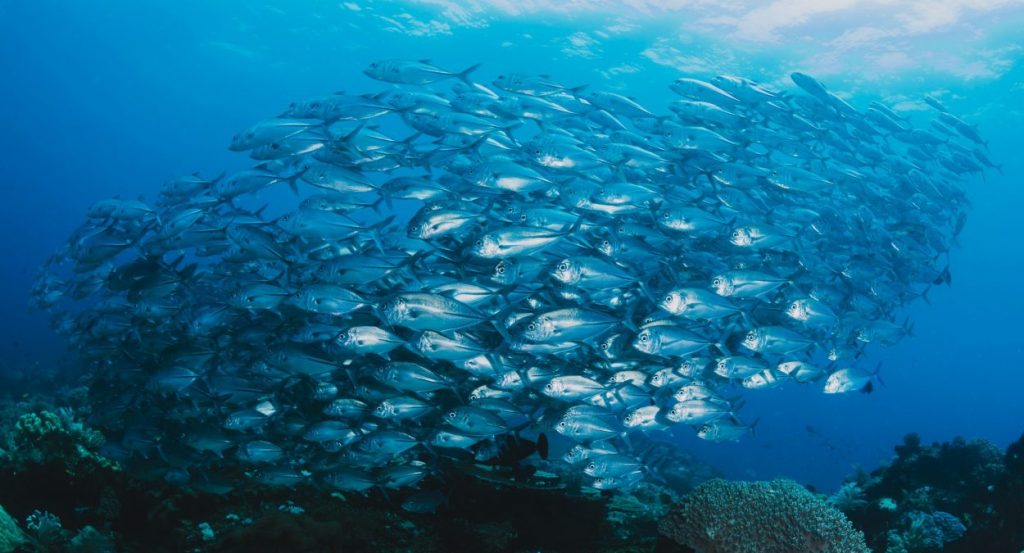After the Holocaust, social scientists were haunted by the question of why so many people were prepared, whether by active participation or silent consent, to go along with a regime that they knew was committing a terrible crime against humanity. Solomon Asch, a social psychologist seeking an answer to this question, created an experiment by assembling a group of people, asking them to perform a series of cognitive tasks.
They were shown two cards – one with one line on it, the other with three lines of different lengths – and asked which of the lines on the second card was the same length as the line on the first card. Unbeknownst to one participant, all the others had been briefed by Asch to give the right answer for the first few cards, then the wrong one for most of the rest.
On a significant number of occasions, the subject gave an answer he could see was wrong because everyone else had done so. Such is the power of the pressure to conform: it can lead us to say what we know is untrue. It can also convince us that our instincts are wrong.
That is why it is so important that each one of us has the courage and conscious to take risks, to experiment with new ideas, to think “outside the box”. Dead fish go with the flow. Live fish swim against the current.
I’m writing this column on November 5th, even though it won’t be published until November 13th. On this date we remain uncertain who won the presidential election. Neither candidate has been assured 270 electoral votes, and even still, lawsuits have been filed questioning ballot validity in a few key swing states.
Hopefully by the time that you read this, the issues have been resolved. Perhaps not.
Now more than ever we isolate ourselves. The world is changing faster than we can bear, with the knowledge that it will continue changing faster still. In an age when narrowcasting, not broadcasting, dominates, and when we surround ourselves only with ideas that we feel comfortable with, our relationships with others suffers.
When our Facebook news feed confirms our beliefs and builds upon them, our views become more extreme. We’re trapped in the proverbial echo chamber. Social media allows us to connect electronically with others, yet is also tends to make us more anxious, uncertain and fearful. We’ve become isolated, (even more so with COVID-19) with this false sense that we’re interacting with others. Somehow electronic interaction isn’t the same. It’s destructive.
Our era has become the “me” era. Products and services are individualized. We take selfies. We’ve lost our sense of community.
Instead of going with the flow, how about each one of us pledges to renew face-to-face encounters, and to try with people who are not like us. Let’s realize that we can disagree strongly with others yet remain friends.
In those encounters, we’ll discover that the people not like us are people too, just like us. We have much in common, despite our differences.
Somehow we’ve fallen into magical thinking that electing a particular leader will solve all of our problems. When this kind of thinking dominates, we fall for extremism, whether on the far right or far left. Half of us don’t have the leader we want; the remainder are disappointed that our leader hasn’t lived up to our high expectations.
It’s time that we open ourselves to people with opposing views. Recognizing that life experiences molds who we are, let’s grant others the same leeway we grant ourselves. This mindset allows us to empathize with someone who’s traveled a different road and who’s arrived at different conclusions as to the world around them.
We can broaden this thinking to our community ─ our collective experience. The Preamble to the United States Constitution begins, “We the people,” describing our shared and continuing responsibility to form a more perfect union, establish justice and ensure domestic tranquility. That won’t happen in echo chambers vilifying those who think differently than we do.
When we extend our hand in friendship to others not like us, we begin to heal the fractures that have divided society.
Let’s not be dead fish, flowing with the current. Instead let’s agree from this point forward to take risks, swim upstream and extend ourselves, especially to those who think differently than we do.
© Craig R. Hersch 2020
